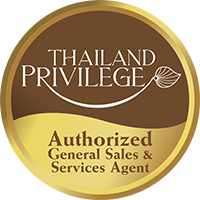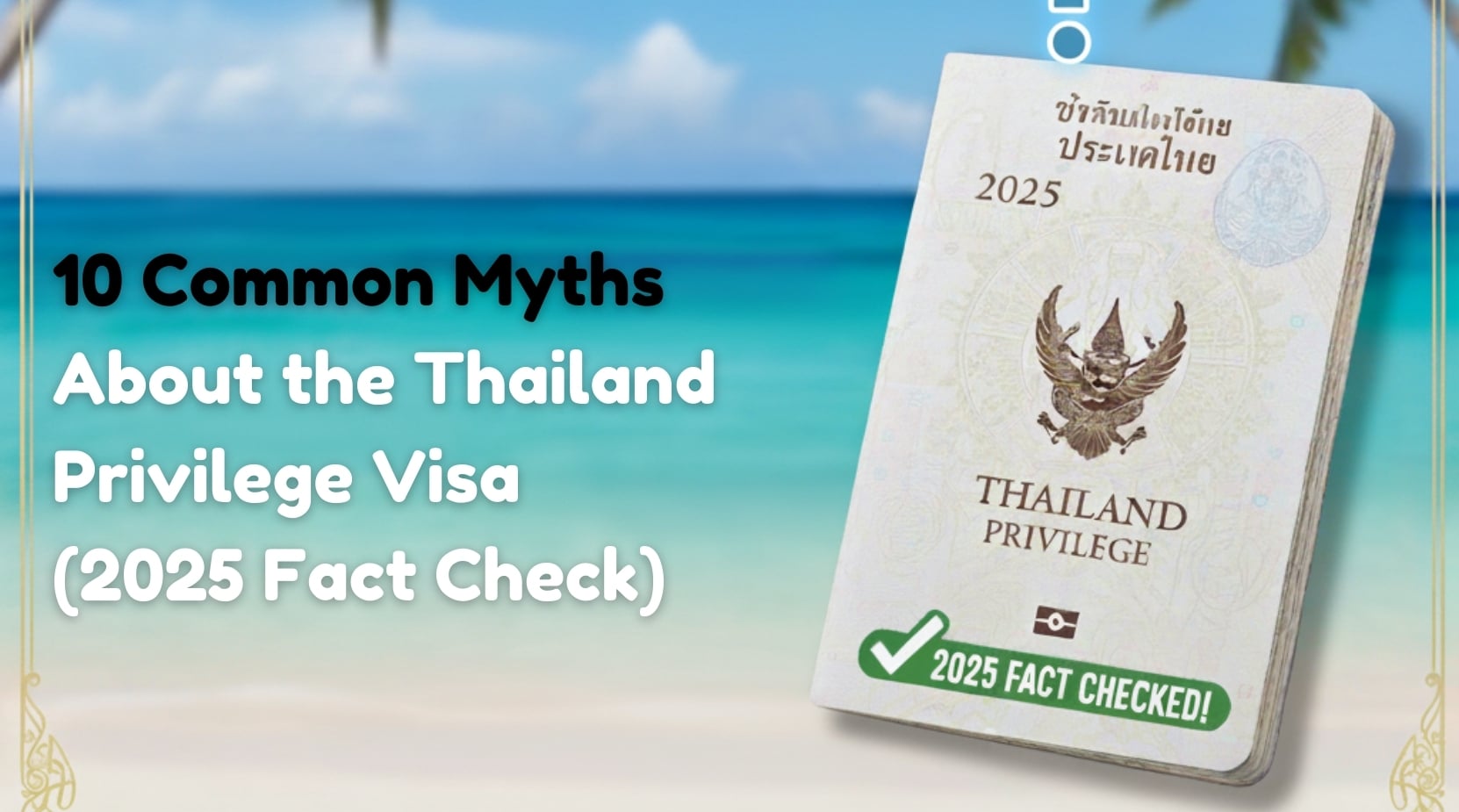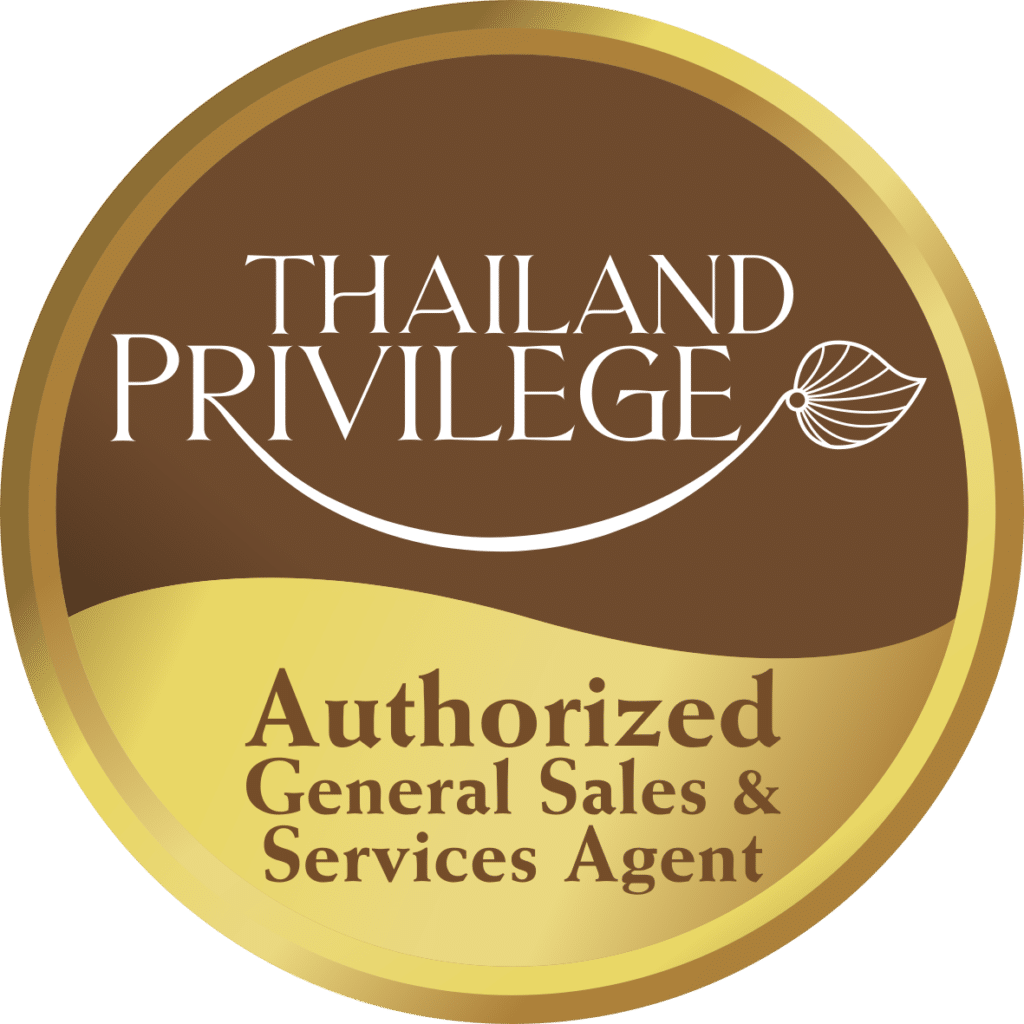The Thailand Privilege Visa program stands out as a premier option for those seeking a hassle-free, long-term stay in the Land of Smiles. However, with its prestige and unique structure, a number of myths and misconceptions have emerged. From misunderstandings about work rights to confusion over what the membership fee truly covers, this misinformation can make it difficult for potential applicants to understand the program’s real value.
As of September 2025, it’s time to set the record straight. We are diving deep to debunk the 10 most common myths about the Thailand Privilege Visa, providing you with the clear, accurate facts you need to make an informed decision about your future in Thailand.
Myth 1: The Thailand Privilege Visa is a Path to Permanent Residency or Citizenship
This is perhaps the most significant myth. Let’s clarify the facts about this common misconception regarding Thailand residency.
The Fact: It is a Long-Term Tourist Visa
The Thailand Privilege Card provides a long-term, multiple-entry Special Tourist Visa (STV). It allows you to stay in the country for the duration of your membership (5 to 20+ years) without the need for visa runs or constant renewals. However, it does not count toward the time required to apply for Permanent Residency (PR). The path to PR has its own strict set of criteria, typically requiring years on a specific type of non-immigrant visa (like a Business or Marriage visa) and meeting financial and language requirements.
Myth 2: You Can Legally Work in Thailand with This Visa
The issue of employment is a critical point of confusion. Many assume that a long-term visa automatically grants the right to work.
The Fact: The Visa Does Not Include a Work Permit
The Thailand Privilege Visa does not, under any circumstances, grant the holder the right to be employed by a Thai company or to obtain a work permit. It is designed for individuals who are independently wealthy, retired, or earn income from outside of Thailand (such as remote workers or online entrepreneurs, whose activities are aimed at an overseas market). Earning income from a Thai source requires a proper Non-Immigrant ‘B’ Visa and a work permit.
Myth 3: It’s Only for Millionaires and the Super-Rich
The high-end marketing and VIP services often lead people to believe the program is exclusively for the ultra-wealthy.
The Fact: It’s an Investment in Convenience, Accessible to Many
While it requires a significant upfront investment, the cost is not as prohibitive as many believe when broken down annually. The 5-year Gold Card, for instance, costs 900,000 THB, which averages 180,000 THB per year. When compared to the cumulative costs of visa runs, legal fees for other visa types, and the value of time saved, it becomes a viable option for a broader range of people, including retirees and successful remote professionals, not just millionaires.
Myth 4: All Your 90-Day Reporting is Handled Automatically
The 90-day reporting service is a key benefit, but its mechanics are often misunderstood.
The Fact: The Service is Complimentary, But You Must Initiate It
The Thailand Privilege staff will handle the entire 90-day reporting process for you, saving you a trip to the immigration office. However, this service is not automatic. As a member, you are still responsible for contacting the member services team and providing them with your passport in advance of your reporting date. It’s a “done-for-you” service, not a fully automated one.
Myth 5: The Membership Fee is the Only Cost Involved
Many believe the one-time fee covers absolutely everything for the duration of the membership.
The Fact: There Are Minor Associated Costs
The main membership fee is indeed the largest and most significant cost. However, there are a few minor expenses to be aware of:
- Annual Extension of Stay: To activate each year of your stay, you must visit an immigration office once per year to get an “extension of stay” stamp, which costs 1,900 THB.
- Redeeming Points: While you receive an annual allotment of privilege points, you may choose to purchase additional points or pay for services not covered by your standard benefits.
Myth 6: You Have Unlimited Access to All VIP Services
The promise of a VIP lifestyle can sometimes be interpreted as an all-access pass.
The Fact: Benefits are Tied to Your Membership Tier and Points
The level and frequency of benefits, especially premium ones like limousine transfers and health check-ups, are determined by your membership tier (Gold, Platinum, Diamond, Reserve). The new points system introduced in 2024 offers more flexibility, allowing members to redeem a set number of annual points for their preferred services. It’s a curated list of perks, not an unlimited buffet.
Myth 7: The Application Process is Extremely Difficult and Slow
Given it’s a premium government program, some assume the application is fraught with red tape.
The Fact: The Application is Remarkably Simple and Streamlined
Compared to other Thai long-term visas, the Thailand Privilege application is designed for ease. It primarily involves submitting your passport copy and application form. The rest of the process, including the mandatory criminal background check, is handled by the program staff. The typical turnaround time for approval is just 4-6 weeks.
Myth 8: The Program is Unchanged from the Old “Thailand Elite”
Many people still use the old name and assume the benefits and structure are the same.
The Fact: The Program Was Significantly Revamped in Late 2023
The rebranding from “Thailand Elite” to “Thailand Privilege” came with a complete overhaul of the membership tiers, costs, and benefits structure. The introduction of the points system, new card levels, and updated pricing means that information from before 2024 is now outdated.
Myth 9: You Can Add Family Members to Any Membership Package
This is a common question from applicants looking to relocate with their families.
The Fact: Only Specific Tiers (Platinum and Diamond) Have Family Options
The entry-level Gold Card is for individual applicants only. To include family members, you must apply for the Platinum or Diamond membership tiers, which have specific packages and pricing for a primary applicant plus dependents.
Myth 10: The Visa is a Loophole to Avoid Paying Taxes
There’s a persistent myth that the visa offers special tax-haven status.
The Fact: The Visa Has No Special Tax Benefits
The Thailand Privilege Visa is a tourist visa and confers no special tax advantages. Your tax liability in Thailand is determined by your tax residency status (i.e., how many days you spend in the country per year) and where your income is sourced, according to Thai Revenue Department regulations. The LTR Visa is the program that offers specific tax benefits.
Frequently Asked Questions
Is the Thailand Privilege Visa the same as a retirement visa?
No, they are very different. A standard retirement visa (Non-Immigrant O-A/O-X) requires the applicant to be over 50 and meet strict, ongoing financial requirements (e.g., a large sum in a Thai bank account or proof of monthly income). The Thailand Privilege Visa has no age or income requirements; eligibility is based on paying the membership fee and passing a background check.
What happens if I have an overstay record in Thailand?
Having a history of overstaying your visa in Thailand is one of the few things that can lead to your application being denied. The program requires applicants to have a clean immigration record. If you have an overstay, your application will likely be rejected during the background check process.
Can I open a Thai bank account with this visa?
Yes, this is one of the key conveniences offered. The Thailand Privilege government concierge service can assist members with opening a local bank account, a process that can sometimes be difficult for foreigners on other types of tourist visas.
Does the visa give me any special legal privileges?
No, being a member of the Thailand Privilege program does not place you above the law. You are subject to all the same laws and regulations of the Kingdom of Thailand as any other foreigner. The “privileges” are related to convenience, lifestyle perks, and VIP services, not legal immunity.
Is the membership transferable or can I sell it?
Under the new program rules effective from late 2023, the Thailand Privilege memberships (Gold, Platinum, Diamond) are non-transferable. The only exception is the ultra-exclusive, invitation-only Reserve tier, which allows for one transfer of membership.
If you want to visit these places regularly, apply thailand privilege visa on thailandelite.net. CLICK HERE.
References
- Thai Immigration Bureau: https://www.immigration.go.th/


